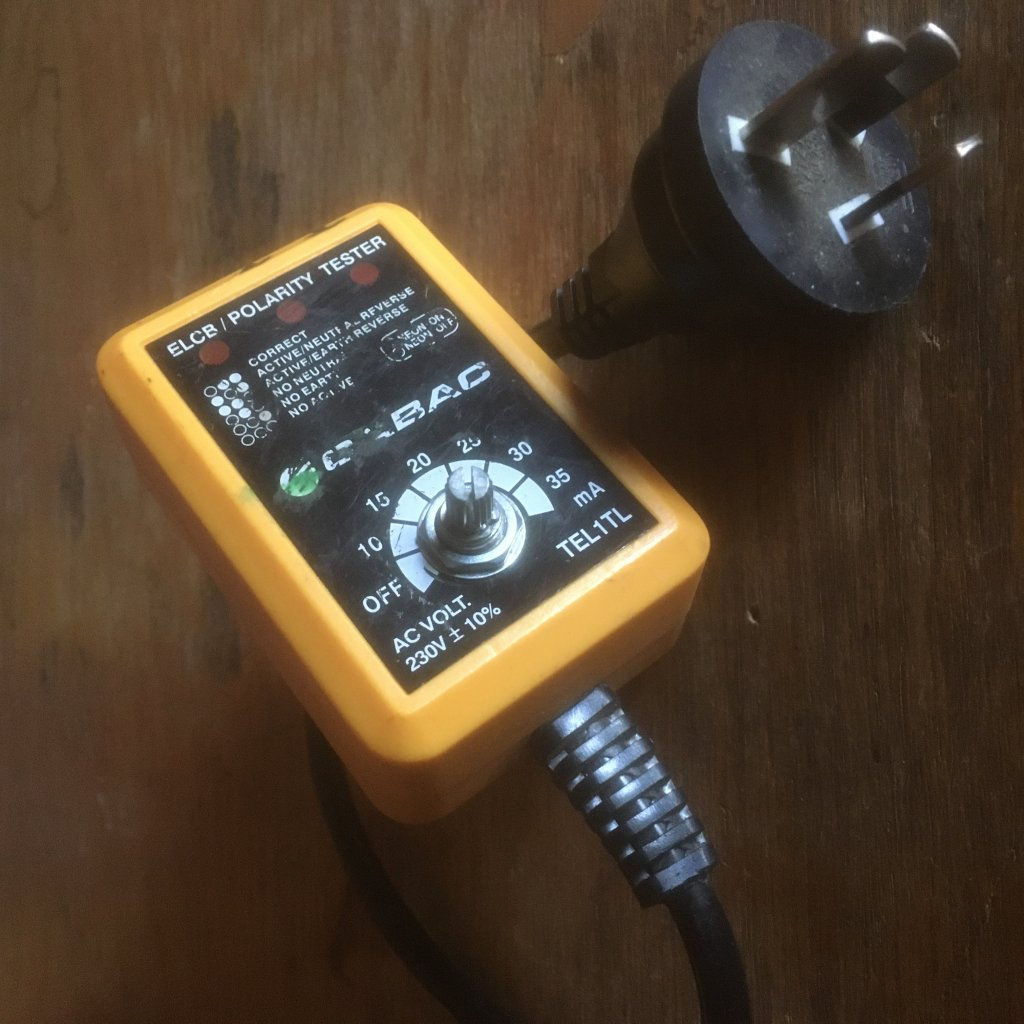Booney said:
Hey Moneybox , sounds to me like you have created enough earth potential with your body and the wet concrete to allow some current to flow through your body giving you that shock . But not enough , less than 30 ma to trip the rcd with residual fault current . You are very lucky my friend and I dont need to tell you how dangerous that situation was and you should never trust an rcd or work with power tools in a wet environment .There could have been many factors at play here , not enough water or clean water to make true earth , concrete on plastic , fault in electrical circuit , moisture in soil who knows . But one thing for sure you are one lucky bastard , to get a shock through the heart can be Fatal . As electricity takes the shortest path it may have travelled down the outside of your body though sweat or damp cloths again who knows but your heart is just a mussel and will contract with electric shock and sometimes not start again. Scary stuff , Please do not try simulate a fault this could easily go wrong.
I do agree your wiring needs to be checked but understand your remote situation. Here is something you can do if you can get your hands on one of these its a cabac polarity and Earth leakage tester . There are better and more sophisticated testers on the market this is just a basic and good indicator of polarity and fault current . First press the trip button on rcd allow to cool then reset.
Plug in tester to power circuit check polarity center and right side indicator light should be on all good turn dial to add 5 ma of fault at a time till rcd trips allow to cool , reset and test next outlet and or lead .
Rcd should trip out at 25 - 30 ma if not or in doubt call electrician ASAP . Bit far for me to come but could post my tester if required.
Cheers mate stay safe Booney
https://www.prospectingaustralia.co...3544_9ca7c491-5147-42df-90c1-e06d4977467f.jpg
Ok Booney, now you've got my attention. How does this look?
A SOK36AU Professional Socket, Earth Loop, Polarity & RCD Tester is an ideal accessory for any Portable Appliance Tester. It is designed to identify a variety of faults with socket wiring, but most commonly used to reveal sockets with poor earth. Simply use your PAT Tester to test one socket of an extension lead and use the SOK 36 Professional Socket, Earth Loop, Polarity & RCD Tester to test the rest! A Socket Tester really speeds up PAT Testing.
Bright LED's out-perform fragile old style neons
Easy to use 5 test functions
Tough smooth contoured construction
Logical "Green for Go" LED indication
New circuitry means no tripping RCD's
The first socket tester to show where the actual fault is Live , Earth or Neutral
New patented "Fault Locate" electronics gives clearest indication yet of good plus 17 wiring fault conditions - more than any other known socket tester
Continuous or strong warbling tone gives positive quick indication of good or faulty wiring
Built in self check at start of testing gives confidence in correct operation at all times
The first socket tester to also test true earth loop impedance
Compact design encourages more frequent socket safety checks
Audible tone indication gives clear indication of good socket or problem socket
Test for total supply system polarity safety
Operational check of 30mA RCDs
Full earth loop check
I appreciate the offer but I won't borrow gear






